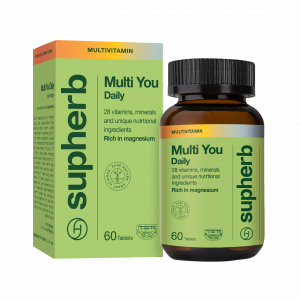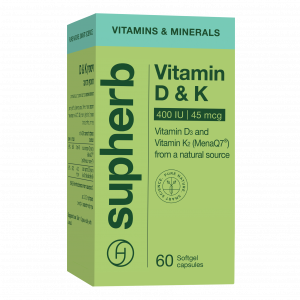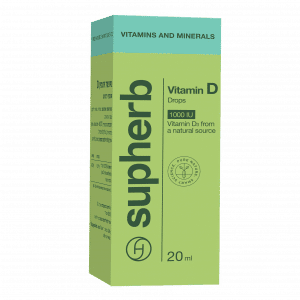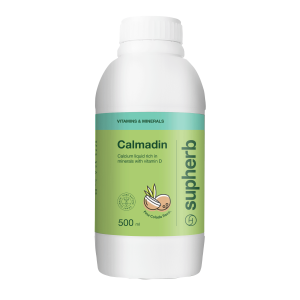- Home
- Bone health
- The Importance of Vitamin D in the Golden Years
The Importance of Vitamin D in the Golden Years
- Vitamin D is also called the “sun vitamin” since it’s generated in the skin when exposed to sunlight.
- Vitamin D encourages calcium absorption from the digestive system and is important for bone integrity.
- Maintaining a proper level of vitamin D is important for the immune system and muscle functions.

Vitamin D is considered one of the most vital components for bone integrity and has a 70% chance of a deficiency. read more about vitamin D and it importance, especially in the golden years.
What is vitamin D?
Vitamin D is a member of the fat-soluble vitamins. Vitamin D is found in a handful of foods and is produced in the human body when exposed to sunlight, therefore also known as the “sun vitamin”.
The importance of vitamin D for the elderly
Vitamin D serves a key role in maintaining bone, teeth and muscle integrity and structure. It encourages calcium absorption, which is a critical mineral for bone integrity. In fact, without vitamin D, our body might lose bone mass, leading to bone pain, fractures and muscle weakness. In addition, and according to research, vitamin D also plays an important role in the proper functioning of the immune system. Vitamin D deficiency was linked, in epidemiological reviews, as having a negative effect on contagion and morbidity of respiratory infections.
Vitamin D: despite of the sun
Despite Israel being a sunny country, recent research has shown that 80% of the population suffers from vitamin D deficiency. There’s a variety of reasons for vitamin deficiency and include insufficient consumption of food containing it (such as fatty fish and enriched dairy products), limited exposure to sunlight and decrease in the skin’s ability to produce the vitamin due to the use of sunscreen.
Why is vitamin deficiency more common with the elderly?
The human body can’t generally produce vitamins and minerals, which is why it has to receive them externally through food. However, you should know that the older you get, the more our body’s ability to produce the maximum from the food we eat is damaged. The needs of the body change and with them are the vitamins it needs.
The chances of vitamin D deficiency is greater among the elderly for various reasons, such as:
- Decrease in nutritional consumption.
- Poor absorption.
- Less sunlight exposure.
In addition to the elderly population, vitamin D deficiency is also common with young people who work in closed spaces and certain populations that tend to cover their entire body. People who suffer from obesity are also greater risk of vitamin D deficiency as it tends to get stored in the fat tissues instead of spreading through the body via the bloodstream.
What does vitamin D deficiency mean in the golden years?
Vitamin D deficiency can increase the risk of fractures due to reduced bone density, cause muscle pain and weakness. For instance, many of the people who suffered a femur fracture also had a significant vitamin D deficiency. various research has also shown that giving the elderly vitamin D in a dosage of 800UI, with or without calcium, has decreased the risk of falling by 50%-72% compared to same aged people who received a placebo*. In addition, vitamin D deficiency has also been found to reduce cognitive functioning, mostly in elderlies, and research has shown that vitamin D deficiency also has to do with shortening life expectancy**. It was also found that vitamin D deficiency has to do with bad mood and an imbalance in sugar in that population.
What can you do to get vitamin D?
There’s actually no way of reaching the proper levels of vitamin D in old age without enough sunlight exposure or getting it through a supplement. Taking vitamin D as a supplement allows you to maintain its level in the blood and prevent a deficit.
Which vitamin D is recommended?
Vitamin D comes in two forms: inactive vitamin D – D2, and the other being active vitamin D – D3.
Vitamin D3 is best taken with fatty foods since it absorbs in the intestines and with the help of gall acids secreted when eating fatty foods.
Nowadays you can get vitamin D supplements that contain the active form of the vitamin, D3, along with the MCT fatty acid, which significantly improves its absorption without being depended on the food you eat. Thanks to that, you can consume it anytime during the day, with or without food.
What is the recommended vitamin D dosage for the elderly?
There’s a clearer recommendation by the Ministry of Health for consuming vitamin D at 800-1000mg UI per day.
In the recommendation letter published by the Ministry of Health to the public in 2020, they stated that vitamin D is essential for the immune system and that epidemiologic reviews linked vitamin D deficiency with negative effect on respiratory infections morbidity and contagion. It also stated that a proper level of vitamin D is linked to reducing the contraction of covid-19.
Therefore, the Ministry of Health recommends taking the following levels of vitamin D per day:
- 800-1000 UI vitamin D per day for people in proper weight.
- 2000 UI vitamin D per day for overweight people.
- 4000 UI vitamin D per day for obese people.
You can find vitamin D supplements in various forms, whether droplets or easily-swallowed soft-gel capsules, so anyone can find the best way for them.








